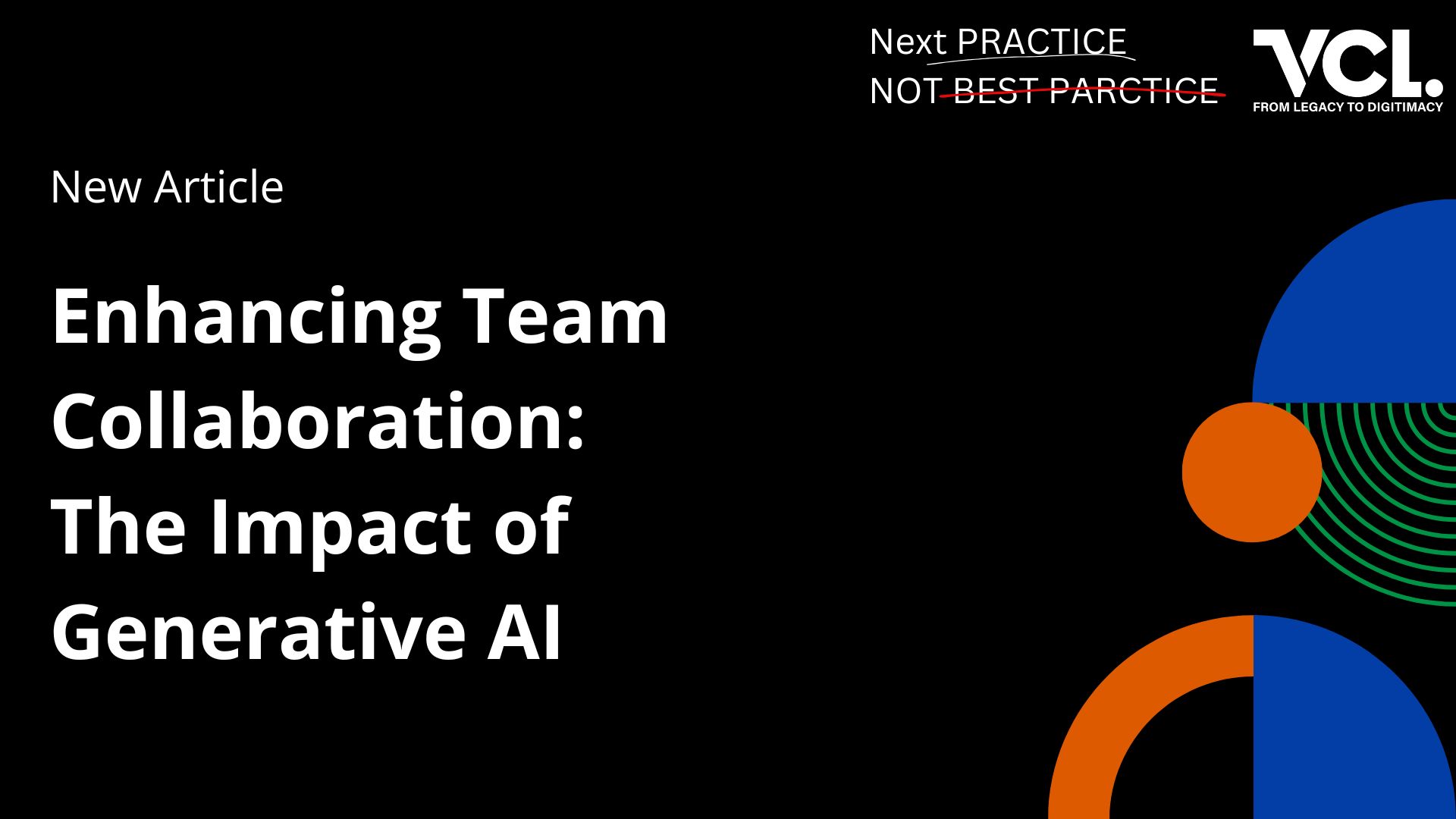In the ever-evolving landscape of modern workplaces, collaboration stands as a cornerstone for success. Teams that effectively work together tend to produce superior outcomes, leveraging diverse perspectives and skills to tackle complex challenges. However, fostering collaboration isn’t always a straightforward task. Fortunately, with the advent of generative AI technologies, teams now have powerful tools at their disposal to enhance and streamline their collaborative efforts. Here are five ways in which generative AI is revolutionizing team collaboration:
1. Idea Generation and Brainstorming:
One of the primary advantages of generative AI lies in its ability to generate ideas autonomously. By analyzing vast amounts of data and patterns, AI algorithms can produce a multitude of potential solutions to a given problem. In a collaborative setting, this capability can significantly boost brainstorming sessions. Team members can leverage AI-generated ideas as prompts for further discussion, sparking creativity and innovation. Moreover, AI can offer alternative perspectives, challenging conventional thinking and pushing teams to explore new avenues.
2. Enhanced Communication and Language Translation:
Clear communication is essential for effective collaboration, especially in global teams where language barriers may exist. Generative AI platforms equipped with natural language processing capabilities can facilitate seamless communication by providing real-time language translation. Whether it’s written or spoken communication, AI can translate messages accurately, ensuring that all team members are on the same page regardless of their native language. This fosters inclusivity and enables diverse teams to collaborate more effectively.
3. Automated Documentation and Knowledge Sharing:
In collaborative projects, documenting progress and sharing knowledge are vital for maintaining momentum and ensuring continuity. Generative AI tools can automate the process of documentation by summarizing meetings, extracting key insights, and organizing information into easily digestible formats. Additionally, AI-powered knowledge bases can intelligently capture and categorize relevant information, making it readily accessible to team members. This not only saves time but also enhances transparency and enables team members to stay informed about project developments.
4. Personalized Task Assignment and Workflow Optimization:
Assigning tasks and managing workflows can be challenging, especially in large teams with varying skill sets and preferences. Generative AI algorithms can analyze individual team members’ strengths, preferences, and past performance to recommend personalized task assignments. By optimizing task distribution based on each member’s capabilities, AI can ensure that workloads are balanced and that team members are engaged in tasks that align with their expertise and interests. This leads to greater efficiency and higher job satisfaction among team members.
An illustrative implementation involves the integration of AI functionalities with platforms such as Microsoft Teams’ work planner, synchronized seamlessly with email and other user interfaces. This integration streamlines task transfer processes, fostering time efficiency and promoting alignment among team members.
5. Predictive Analytics for Decision Support:
Making informed decisions is crucial for the success of any collaborative endeavor. Generative AI systems equipped with predictive analytics capabilities can analyze historical data and project future outcomes, helping teams make data-driven decisions. Whether it’s forecasting project timelines, predicting market trends, or identifying potential risks, AI-powered analytics provide valuable insights that guide decision-making processes. By reducing uncertainty and enabling proactive planning, AI enhances the overall effectiveness of team collaboration.
In conclusion, generative AI is transforming the landscape of team collaboration by offering innovative solutions to age-old challenges. From idea generation and communication to documentation and decision support, AI technologies are empowering teams to work more efficiently and effectively. By embracing these advancements and integrating them into their workflows, organizations can unlock new levels of productivity and creativity, driving success in today’s competitive business environment.



